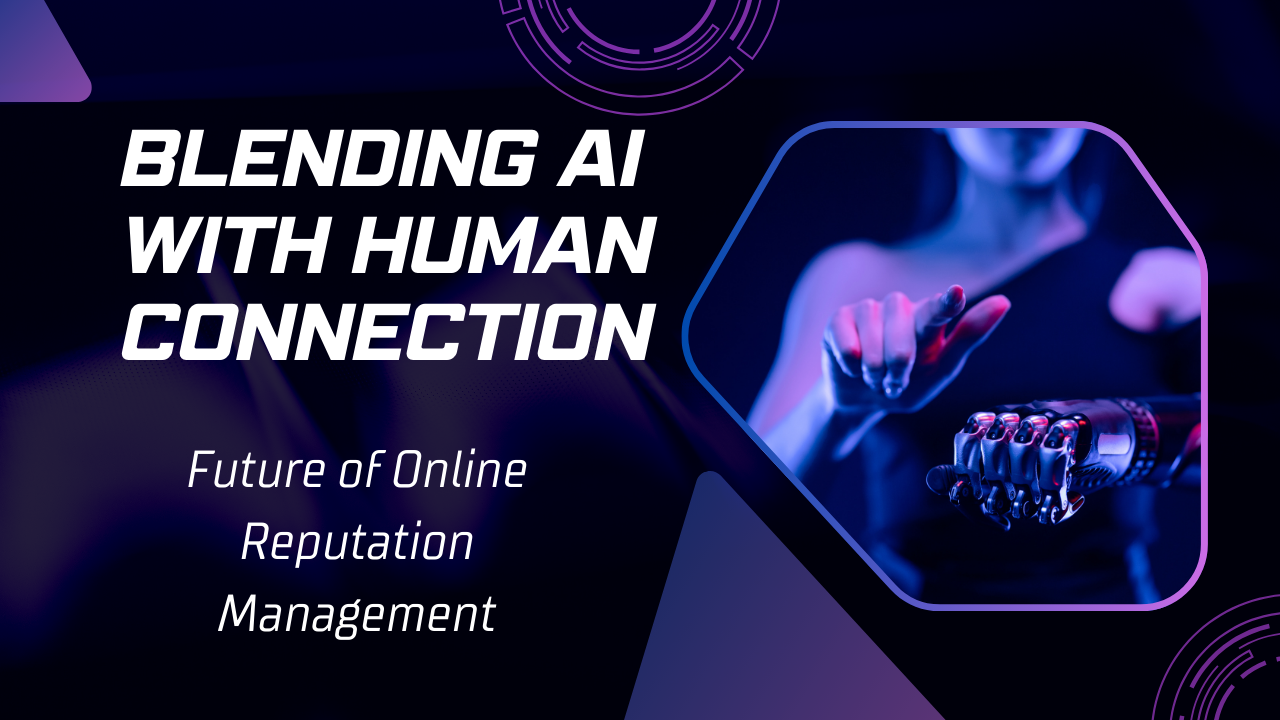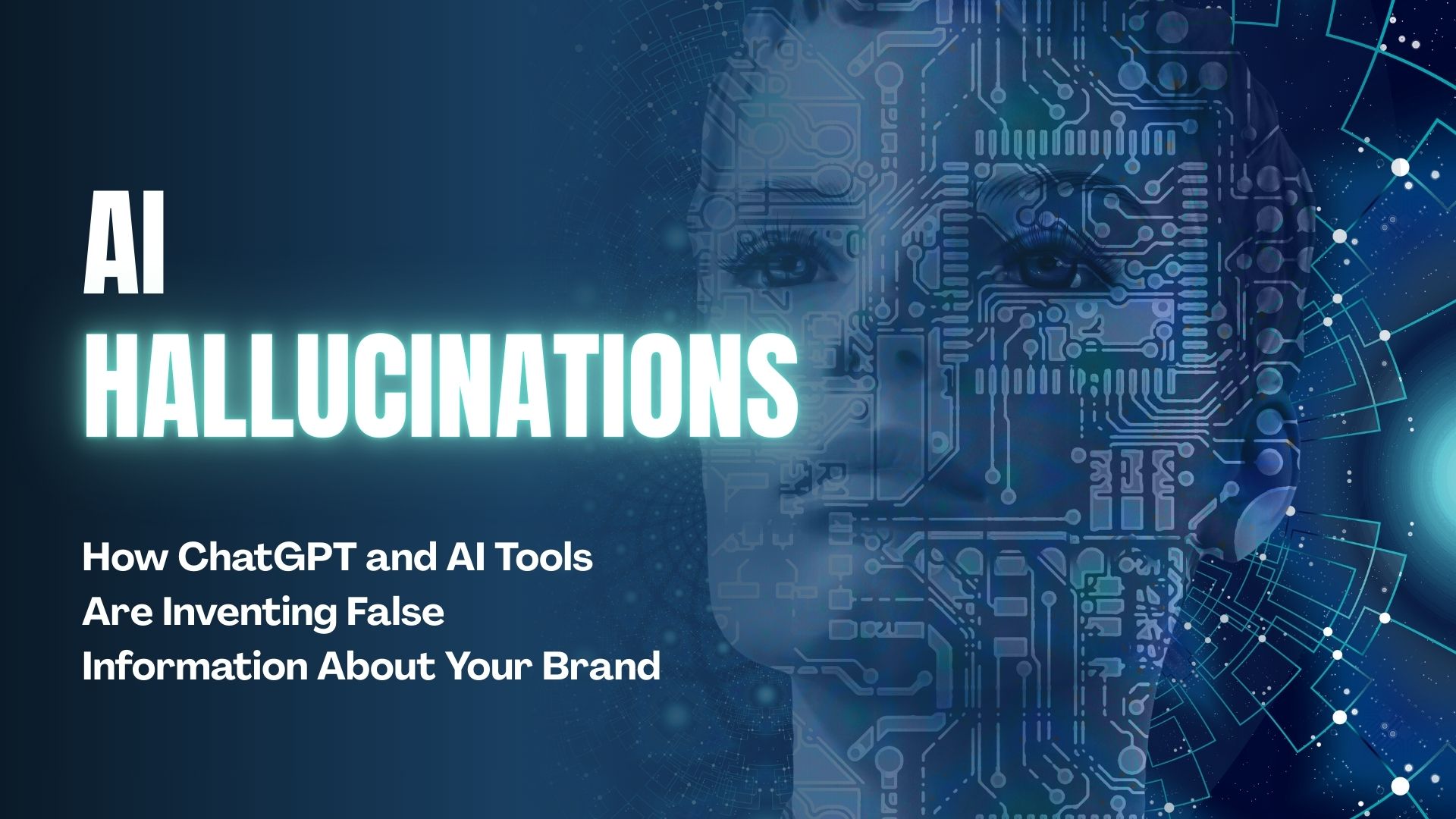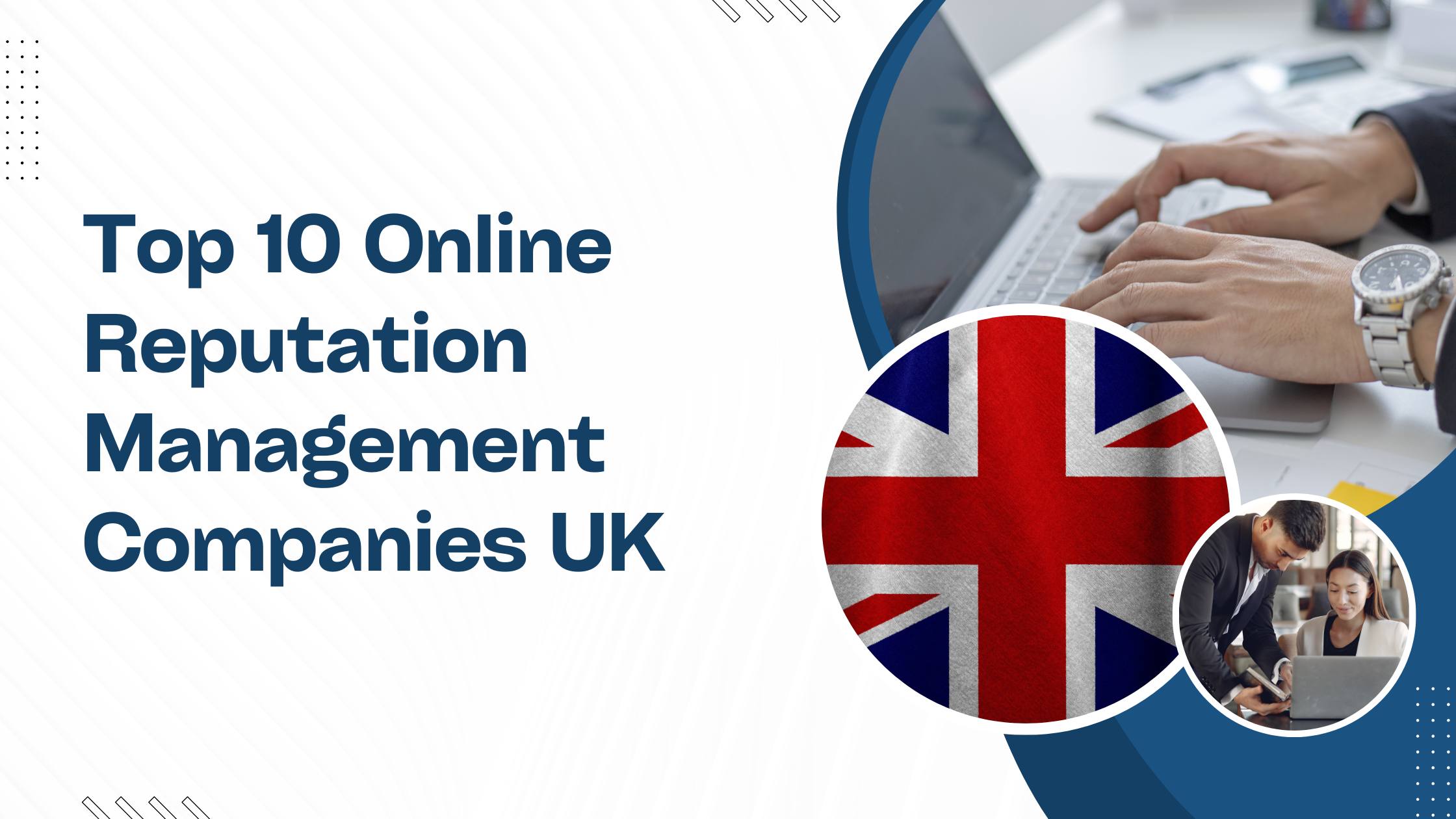Brand perception can shift in an instant. Businesses now understand that managing their online presence goes beyond a marketing task and a critical strategy for survival. Online Reputation Management (ORM), has become central to building a strong and trusted brand.
But ORM becomes more complex as social platforms and review sites gain influence, and consumers expect instant responses. Companies are looking to artificial intelligence (AI) and automation for help to deliver speed, scale, and efficiency. At the same time, there’s a contradiction- reputation management fundamentally relies on trust, empathy, and human connection that AI alone cannot replicate.
This blog covers why ORM matters, dive into the rise of AI in the field, explore benefits and limitations, and how businesses can embrace AI in ORM without losing that all-important human touch.
Table of Contents
- Why Online Reputation Management Matters
- Online Reputation Management: Key Statistics
- The Rise of AI in Reputation Management
- The Benefits and Limitations of AI Tools in ORM
- Examples of Effective Hybrid Approaches
- Personalization and Sensitivity in Responses
- Hire Best Online Reputation Management Company
- Conclusion
Why Online Reputation Management Matters
Online reputation acts as the digital first impression for both businesses and individuals. According to Nielsen research, 92% of consumers trust online reviews as much as personal recommendations. Whether it’s a restaurant on TripAdvisor, a software company rated on G2, or a personal brand discussed on LinkedIn, reputation holds trust, purchase intent, and long-term loyalty.
For businesses, ORM isn’t just about defense against criticism—it serves as a proactive strategy for growth. A strong online reputation drives more traffic, leads, increases conversion rates, and creates a competitive edge. Conversely, unaddressed negative reviews can cut into margins, hinder hiring efforts, and lose customer trust. ORM at its best ensures brand resilience, turning potential reputation risks into opportunities for connection and improvement.
Online Reputation Management: Key Statistics
To understand the weight of reputation management, consider a few compelling statistics:
- 90% of consumers read online reviews before visiting a business.
- Companies with four or more stars on review platforms earn 30% more revenue on average.
- One in three businesses report that a single negative article on the first page of Google search results cost them measurable revenue.
- 52% of executives believe reputation management will be their biggest brand concern over the next five years.
These insights highlight both the risks of ignoring ORM and the rewards of getting it right. With so much at stake, companies are turning to AI-powered ORM tools to monitor reviews around the clock, but true success lies in how this technology integrates with authentic human oversight.
The Rise of AI in Reputation Management
AI has quietly transformed ORM over the past few years. Tasks that once required entire teams can now be handled by smart tools in real time. For instance, social listening platforms powered by natural language processing (NLP) scan billions of online mentions to detect brand sentiment, spikes in reviews, or emerging crises. Machine learning algorithms identify patterns invisible to human teams, such as gradual shifts in customer sentiment or the rise of micro-influencer criticism.
Automation has equally become indispensable. AI chatbots address FAQs instantly; sentiment analysis tools categorize reviews; predictive algorithms flag issues before they blow up. The attraction is obvious- AI offers scale, speed, and efficiency in managing digital reputation are the things that a human team alone cannot guarantee.
The Benefits and Limitations of AI Tools in ORM
Benefits
- Scalability: AI doesn’t tire, and it can monitor thousands of websites, forums, and social platforms simultaneously.
- Real-Time Insights: Brands can get immediate alerts about viral posts, negative reviews, or trending issues.
- Data-Driven Intelligence: Analytics can uncover deep insights about consumer behavior across markets.
- Cost Efficiency: Automation reduces the need for large monitoring teams, making ORM more affordable.
Limitations
- Lack of Emotions: AI may recognize sentiment but cannot fully grasp tone, sarcasm, or intent.
- Generic Responses: Automated replies can feel robotic, exacerbating negative perceptions if poorly handled.
- Ethical Concerns: Over-reliance on AI in responding to sensitive complaints may come across as dismissive or insincere.
- Context Blindness: AI may flag issues without understanding the broader cultural or industry-specific context.
In short, AI handles speed and data, but human empathy is what transforms raw information into meaningful action. This is where hybrid ORM strategies shine.
Examples of Effective Hybrid Approaches
Expert online reputation management companies are already blending automation with human oversight in intelligent ways:
- AI platforms monitor conversations and flag potential issues, but ORM professionals interpret the data and craft emotionally intelligent responses.
- Automated tools request reviews from satisfied customers, while human teams handle detailed responses to negative ones.
- AI tools raise alerts about spikes in negative information, enabling human crisis teams to step in with tailored, authentic communication.
- Chatbots greet and help with initial queries but seamlessly hand off to human agents when empathy or complex problem-solving is required.
These hybrid models demonstrate that AI is an ally, not a replacement, in ORM.
Personalization and Sensitivity in Responses
The basic rule of ORM remains constant “people want to be heard”. When customers express frustration whether through a one-star review on review listing sites or a critical LinkedIn post—they expect acknowledgment and care. AI might draft a standard response, but true relationship repair requires personalization and empathy.
Kindness shows in small gestures by using the customer’s name, acknowledging the specifics of their complaint, and offering a clear resolution path. These practices help in building trust. For example, instead of an automated reply (“We’re sorry you’re not satisfied.”), a meaningful human-led response might read:
“Hi Sarah, thank you for sharing your experience. We understand how frustrating it must have been for your order to arrive late, especially on a special occasion. We’re working to resolve this personally and ensure it doesn’t happen again.”
That touch of humanity prevents reputational damage while strengthening customer loyalty.
Hire Best Online Reputation Management Company
While many businesses attempt to handle ORM in-house, the complexity of interlinking AI-driven monitoring with human-led communication often calls for professional expertise. Online Reputation Management company standout in this context is ReputaForge, a company known for mastering the art of balance between automation and empathy.
ReputaForge leverages advanced sentiment analysis and AI monitoring systems that track reviews, media mentions, and brand discussions in real-time. But what truly distinguishes them is their commitment to personalized engagement. Instead of relying solely on canned replies, ReputaForge’s ORM specialists craft best responses that address customer concerns individually while reflecting each brand’s voice.
For businesses that cannot afford a reputation misstep, outsourcing ORM to a seasoned online reputation management company like ReputaForge ensures technological agility paired with human sensitivity.
Conclusion
As digital ecosystems expand, online reputation management will only grow more crucial. AI and automation will continue to evolve, offering faster insights, predictive tools, and even advanced emotional recognition models. But no matter how sophisticated technology becomes, consumers will always crave authenticity, empathy, and connection.
The future lies not in choosing between AI and humans but in creating synergy between them. AI provides the scalability and analytical depth needed in a data-saturated world, while human touch ensures warmth, context, and trust. Brands that master this balance will not only protect their reputations but will also thrive, turning reputation management into a strategic advantage rather than a reactive necessity.






